March Marvels: Monthly Missives from The Dream Pedlar
New book release excitement! And musings on creativity in the age of AI and capitalism
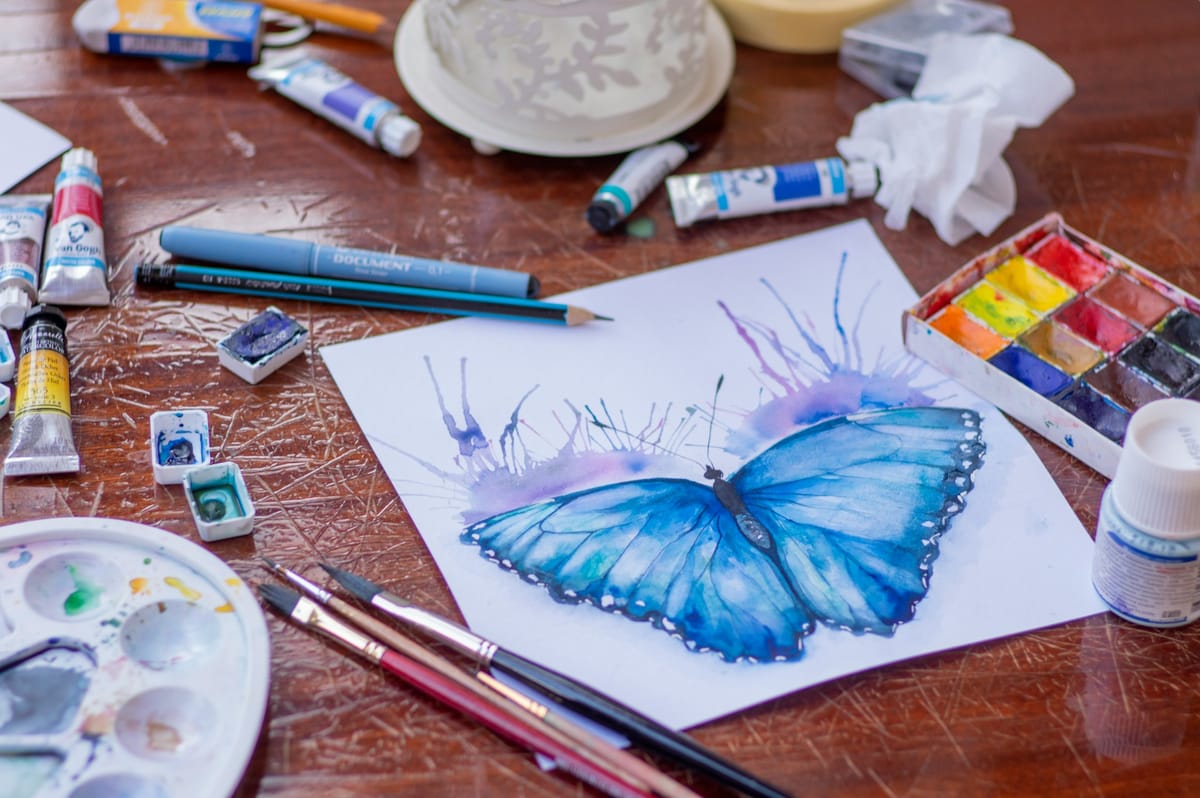
I have some exciting news this month and a special gift for you if you receive this missive in your inbox. So grab a cuppa, and let's get right into this month's missive!
On Writing
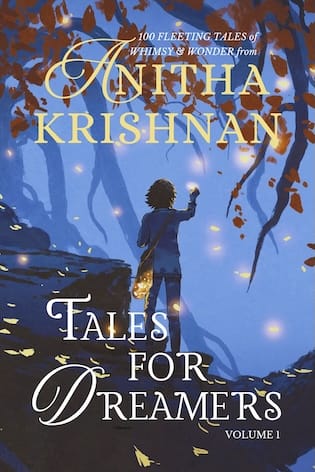
It's a collection of the first 100 tales of short fiction I wrote ever since I started this project more than a decade ago!
It began as a simple desire of this fledgling author to write fleeting stories based on images of everyday scenes. Writing these tales helped me see the magic in the mundane and coax the remarkable out of the run-of-the-mill.
Many of these tales are no longer on the website — haven't been for several years now — as I could no longer find the original photos and their attributions in many cases, so it seemed best to take them down so as to not violate any copyright laws.
But so many readers have loved and cherished these tales, it seemed rather pointless to let them languish in a folder on my laptop.
Here they are now, in all their original glory! The book is available in both ebook and paperback formats, as well as in hardcover format in some regions.
You could also buy the ebook directly from my store, Dream Pedlar Books!
Some of my tiles are also available as digitally narrated audiobooks now over on Apple Books!
The YA paranormal mystery novel, Erased From Existence, the fantasy novellas — The Land Of No Reflection, and In Search of Leo — and three of my favourite short stories — A Benevolent Goddess, The Mind Meddler, and Memory Games — are available so far.
Other titles are forthcoming!
Tales For Dreamers
This month's collection features a lot of woodsy, outdoorsy images. Read about 'the necessity of flowers', or about the time of the year 'when the sugar maple weeps'. Climb up the 'stairway to the above-world', and find out how to tell 'where all quests come to an end'.
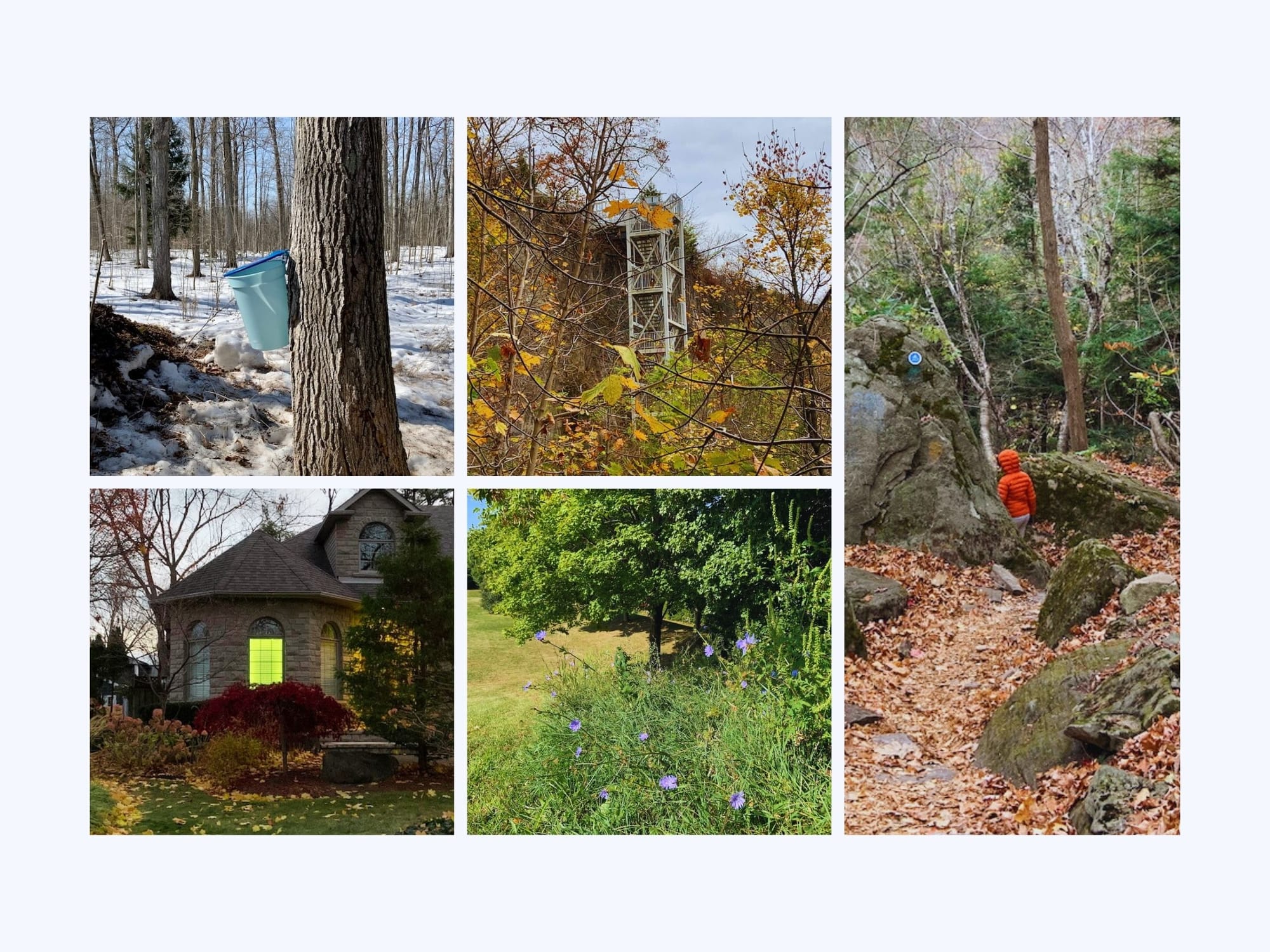
But if there's only one tale you're able to read, please head to the one in which I tell you 'all about my favourite woodland creature'. It's about little D! Naturally, it's the tale I love the most in this month's collection.
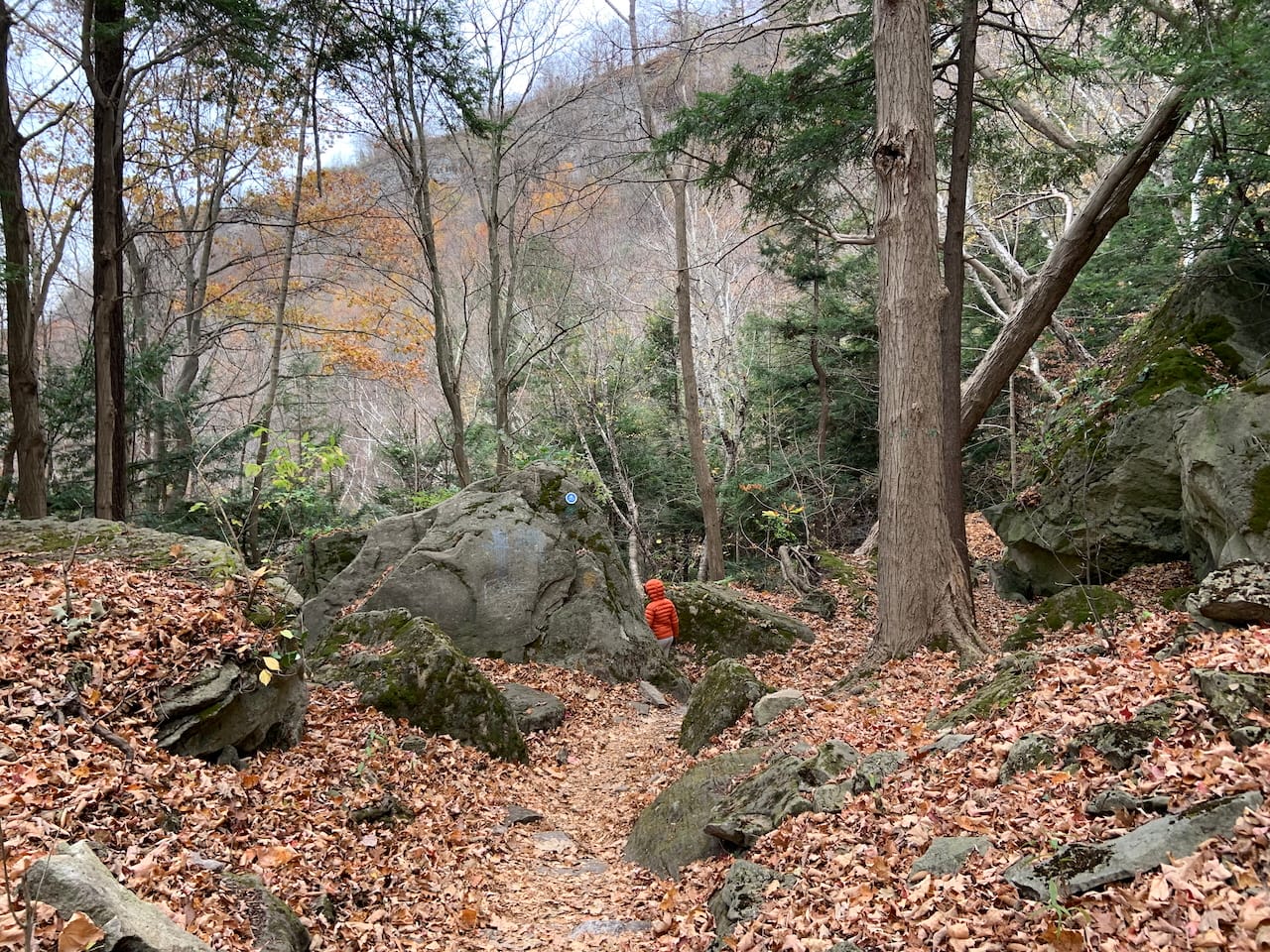
Life, Unadulterated
It's deceptively bright outside these days. We did have a 20 °C day this month, although we're back at sub-zero temperatures now. But that does little to dampen the spirit as the sun shines brighter and for longer with each passing day.
This month has been a bit of a mixed bag as I've been mulling my future as a fiction writer in the age of AI. I've been pondering this for more than a year now, but I was forced to reckon with this even more so after recently reading A Machine-Shaped Hand, a short story from OpenAI's new creative writing model.
It's beautiful, and I love it. And it gave me an existential crisis for a bit.
Much has been said by far greater creatives than me on the potential effects of AI on the creative industry. There's no need to reiterate all that. Nor are we debating whether or not to use AI in our work and daily lives.
Neither are we going down the rabbit hole of the utterly unethical behaviours that technology companies and leaders continue to exhibit, knowing fully well they'd get away with their transgressions in the name of advancement and progress.
Instead, what I'm inviting you to think about today is whether it makes sense for me, you, or anyone else, any individual essentially, to continue to create works of art, to labour over them, when it has become all too easy for anyone to do so at the click of a button.
In other words, the question we're really asking is this:
Should we be creating works of art when there's seemingly no lucrative market for them?

One way to think about this question is to look back on why we were drawn to a particular artistic activity in the first place?
No one told me to be a writer. Sure, I loved reading books. I wrote award-winning essays while I was at school. I topped my class in English every year. But I also excelled in and aced almost every other subject just as well.
I first turned to writing as a salve in my early 20s — somewhere in the midst of leaving university and entering the workforce — as a means of expressing how I felt about losing friends, about leaving behind a campus life I had enjoyed so much, and the uncertainties of learning a whole new way of living altogether.
Writing poetry was a healthy way of coping with loss and disappointment, with change and uncertainty.
I didn't write those pieces to gain an audience or wealth. In fact, the idea of writing for a living didn't even enter my mind as a possibility until D was born and I wanted to be a stay-at-home mother and I thought, "Oh, maybe I could continue to earn alongside by publishing my stories."
(Now that's another rabbit hole we're not entering today — productivity in the life phase of parenting!)
What I've come to realize since then is that the creative industry is an industry like any other in our capitalist world. Just because a creative product exists doesn't mean an audience for it can be guaranteed.
No creative is entitled to recognition or reward. The world does not owe us an applause simply because we created a work of art, no matter how beautiful.
Our generation has witnessed a lot of debate over 'following your passion' versus choosing a 'practical job'. In her book, 'Tiny Experiments: How to Live Freely in a Goal-Obsessed World', neuroscientist Anne-Laure Le Cunff talks about how mentions of the phrase 'follow your purpose' have grown 7-fold in books in just the past two decades.
That's the cultural message of our times. Follow your dreams! Dream big! Go big or go home!
But we only hear the success stories, the tales of those who make it big. Of course, we never hear from those who tried and failed and decided to turn to other means of livelihood. That's survivorship bias!
And it's incomplete information based on which we wrongly assume that we 'should follow our dreams' and 'make it big' and anything that deviates from that script, any outcome that falls short of that big, fantastic dream, renders us a failure and our lives worthless.
'And Then We grew Up' by Rachel Friedman is another excellent read for our times. I love this book so much I wrote an entire post on it two years ago. The author explores how the fantasy of an artist’s life is often much in contrast to its vastly complicated reality. We tend to have an all-or-nothing approach towards creativity.
But, as Friedman demonstrates in her book, there are many ways to incorporate creativity in our lives. Making a living from our creative passions is not the only way. And we’re not failures if we’re unable to monetize our art or passion.
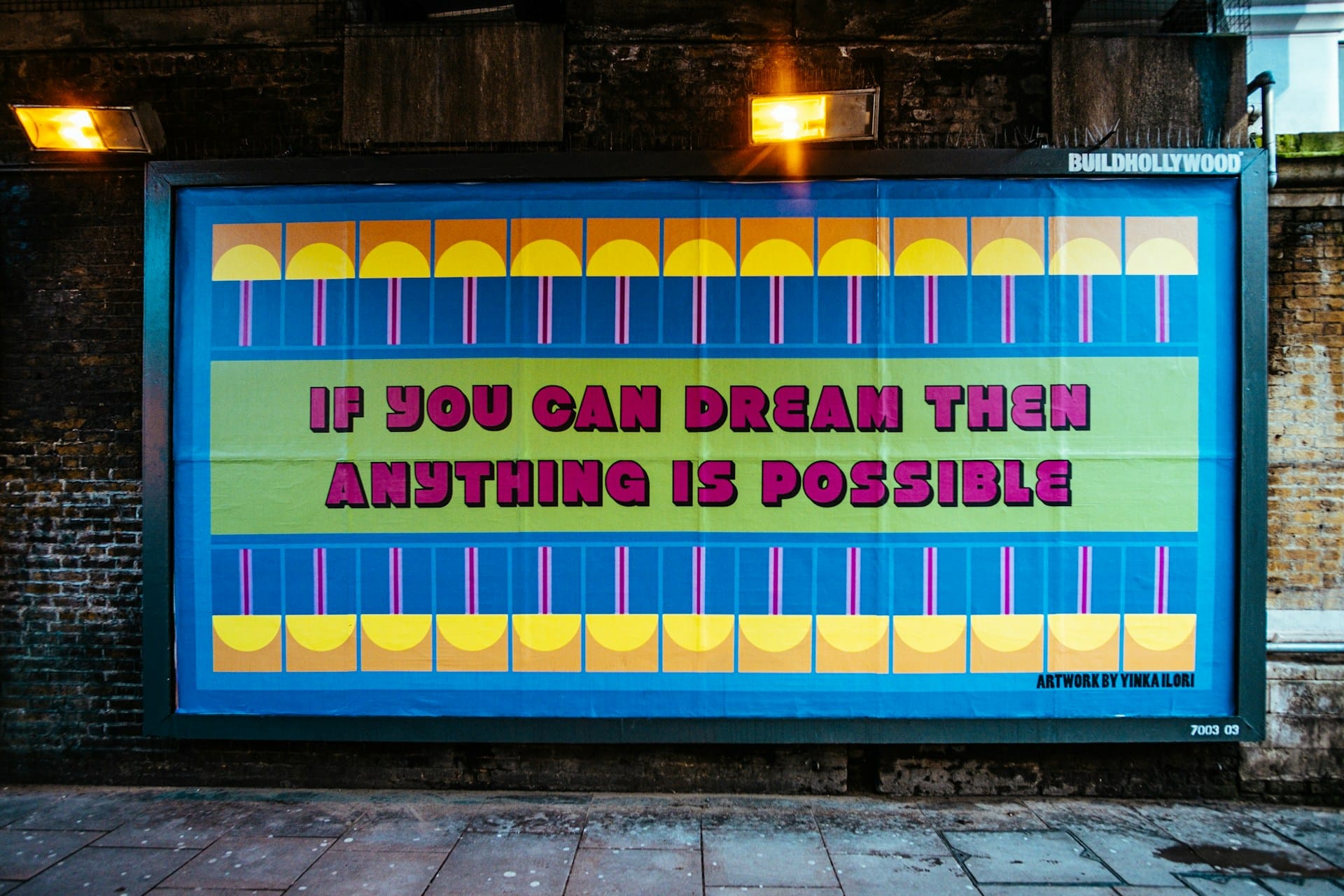
So, how does this pertain to the discussion on hand about AI?
If we’ve been creating works of art to achieve financial gains, then no doubt that was always a risky venture. Success was never guaranteed. There was always competition, politics, economic fluctuations that determined what sold and what didn’t. AI is yet another factor in the mix, further complicating an existing mess.
If we’ve been creating works of art for self-expression, to understand ourselves better, to create something beautiful that would touch our own soul, even if only for a fleeting moment, then we aren’t really competing with anyone or anything else out there. And AI shouldn’t be a reason for us to stop expressing ourselves creatively.
I love writing. Of course I worry about the odds of my earning an income writing and selling fiction. It's something not in my control. It never was, even before AI came along.
But there's a certain joy in putting pen to paper, typing words on the screen and seeing an entire story blossom from a mere combination of words and punctuation marks!
Your joy may lie elsewhere. Write a poem. Draw what you see in your mind’s eye. Paint or colour. Sing in the shower. Try your hand at pottery. I did, a few months ago, with friends. And I found I totally suck at it, haha! But it was fun, nonetheless.
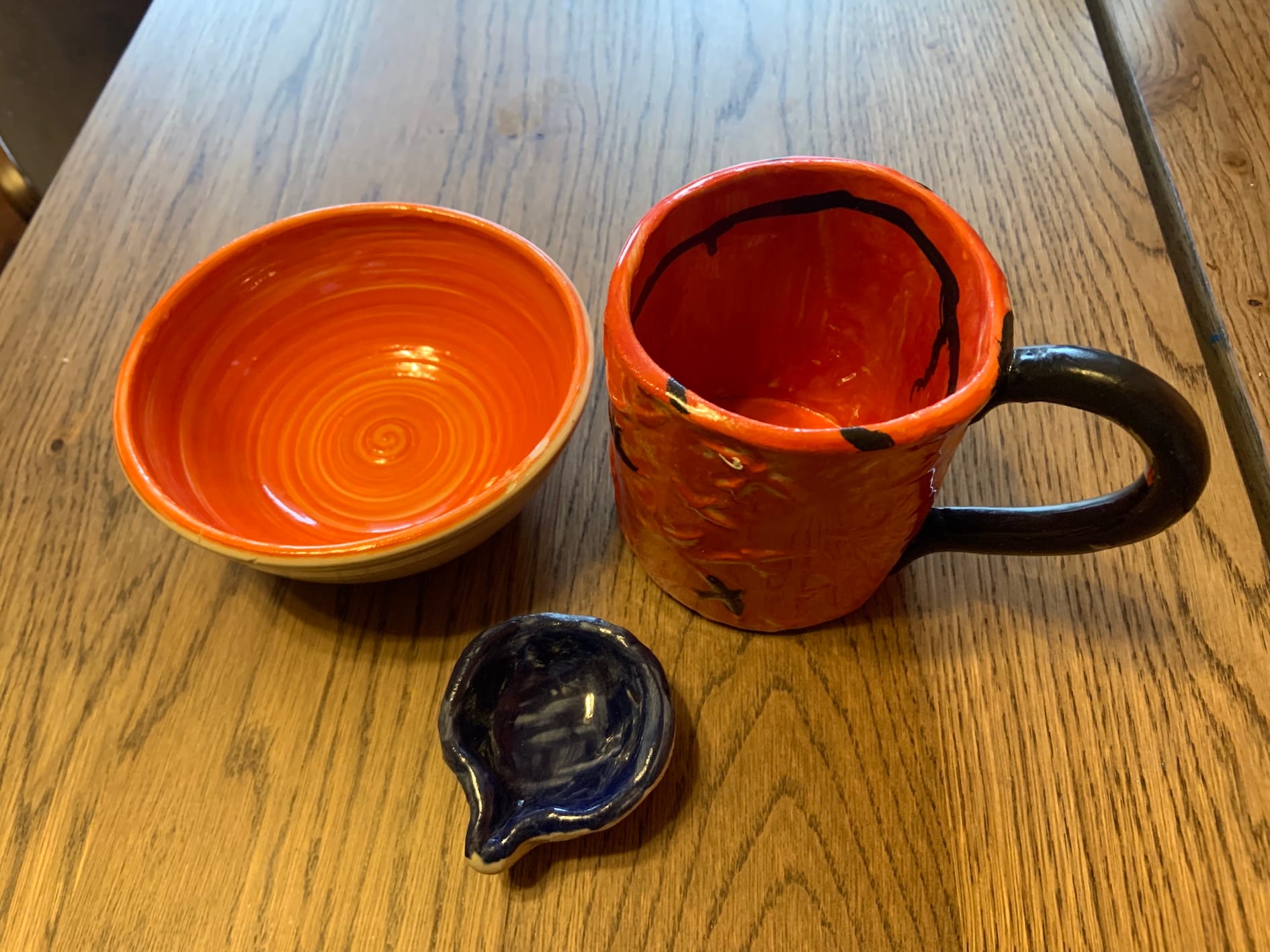
Not everyone plays a sport at a professional level. That doesn’t mean we can’t band together with family and friends for some leisurely play. Not every university graduate lands a plumb office job anymore. That doesn't mean we'd tell our children to play truant and skip school.
Yet, we pursue the activities that we do — studying for a test, playing a sport, learning to play an instrument — not for some spectacular outcome of global fame and world domination, but because of who we become in the process.
People who are capable of rising to a challenge with curiosity, creativity and confidence. People who are not daunted by uncertainty or lack of knowledge or skill, but are willing to put in the time and effort to try out something new.
More than 40 years ago, Indian philosopher and orator, Jiddu Krishnamurti, said the following about computers in a very prescient fashion:
The computer will do most of the things we can, and unless our brain is very active it’s going to become dull and wither.
Either you lose yourself in pleasure, amusement and superficial things or you enter into a world that has no end, with immense depth and vastness. This is for you to find out.
~ Jiddu Krishnamurti
So, what do you think? What is your take on the arguments surrounding creativity in the age of AI and capitalism? Write to me and let me know!
Books You May Love
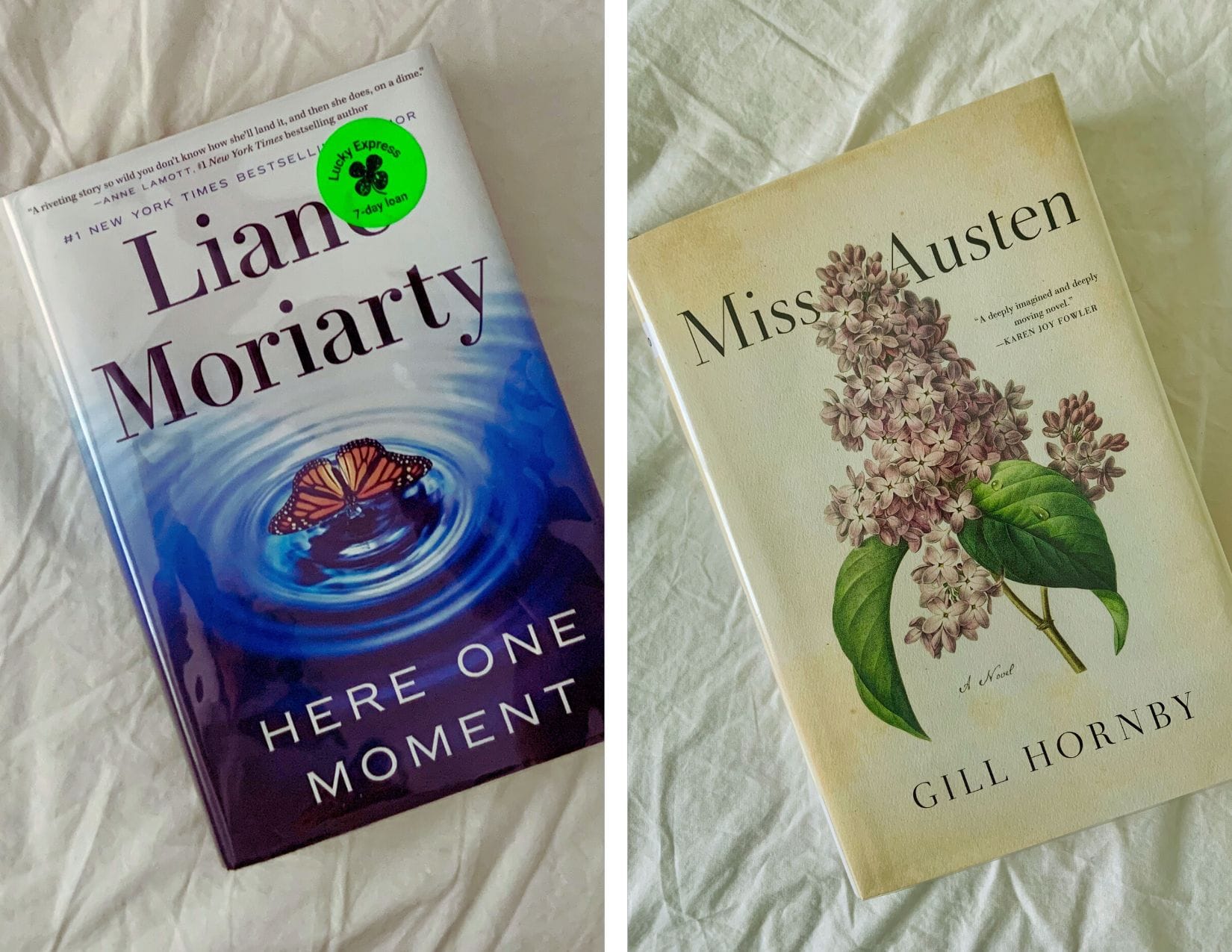
I read a couple of amazing books this month! Here One Moment by Australian author, Liane Moriarty, is such a zany story! It begins with a woman in an airplane who goes around pointing at each passenger in turn and declaring their age of death and cause of death.
The story then centres on a few passengers and how they react in the days that follow given the news of their impending death. One mother is told that her newborn son who's strapped to her chest would die at the age of 7 by drowning!
But don't worry! The story unfolds in such a beautiful way — tugging at heart strings, with lots of wry humour — and it won't be a spoiler to say that it all ends really well, and realistically so! No tragic endings here.
The other gem I got around to reading was Miss Austen by Gill Hornby. I didn't know this but apparently Jane Austen's sister, Cassandra Austen, took it upon herself to destroy any of Jane's private correspondence with family and other relations that might show the author in poor light or be twisted into malicious gossip.
The book, written from Cassandra's point of view, imagines how she would have gone about acquiring those letters and what those letters could have contained. It was such a beautiful read, full of love and family drama, all the seemingly mundane and tiring but inevitable things that life is made of. Apparently there's also an acclaimed TV series inspired by this book.
Well, so that brings us to the end of yet another edition of Monthly Missives! This was the 36th edition, which means next month I'll get to say "Hurrah! Monthly Missives is 3 years old!"
I can't believe I committed to doing something on a monthly basis, without interruption, without any external expectations, and actually executed it 36 times in a row!
This is a perfect example of why we shouldn't let AI or capitalism stop us from creating works of art.
Because the purpose of undertaking a creative journey is not to showcase our creations to the world. It is to unearth what the process of creating art can reveal to us about our own selves.
Until next month then, dear Dreamers!
~ Anitha
